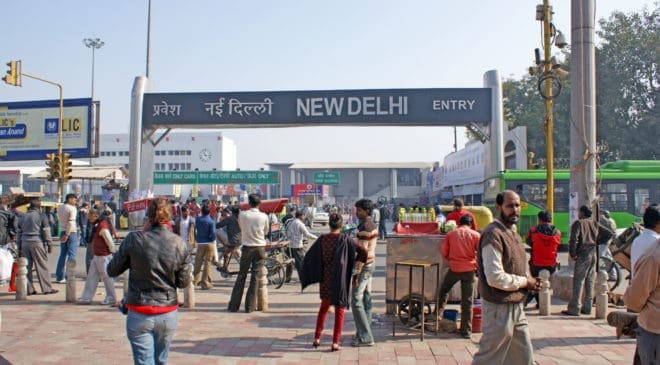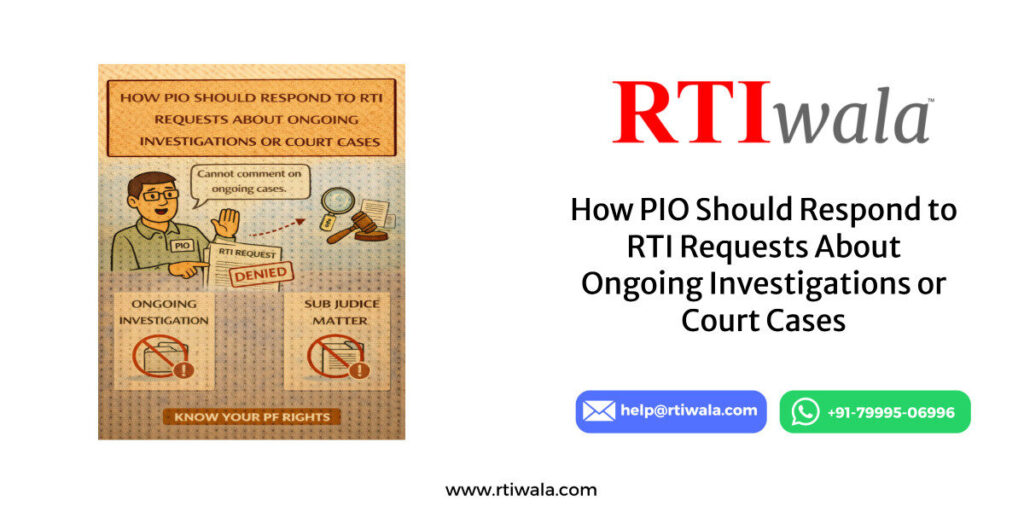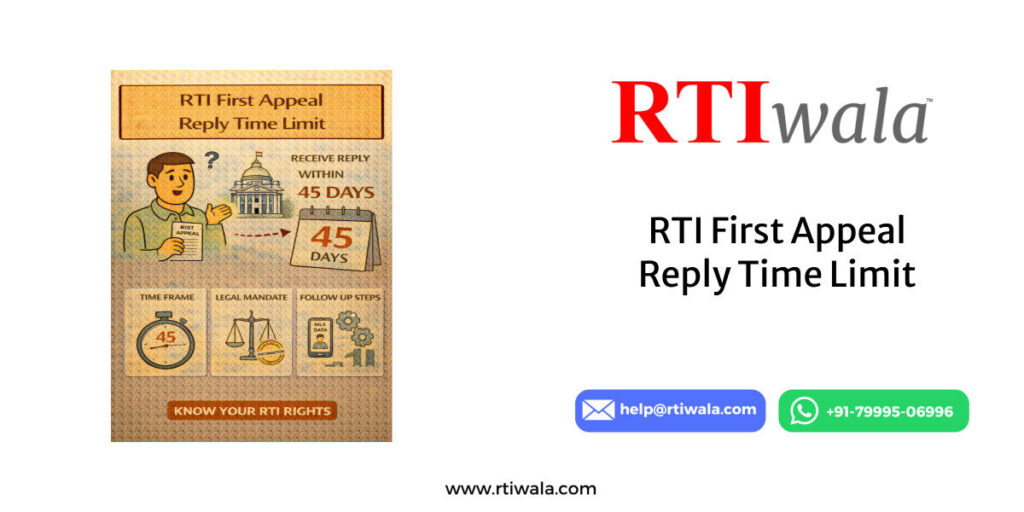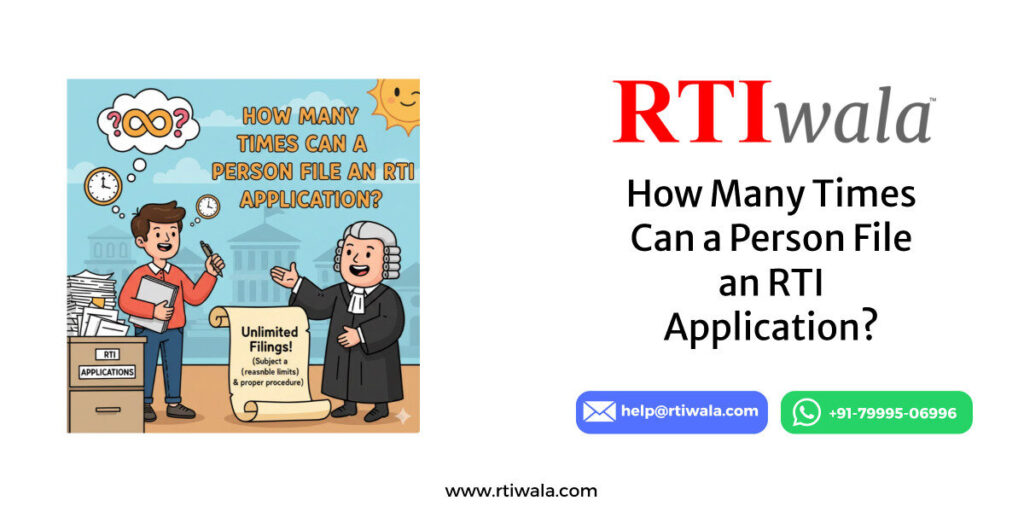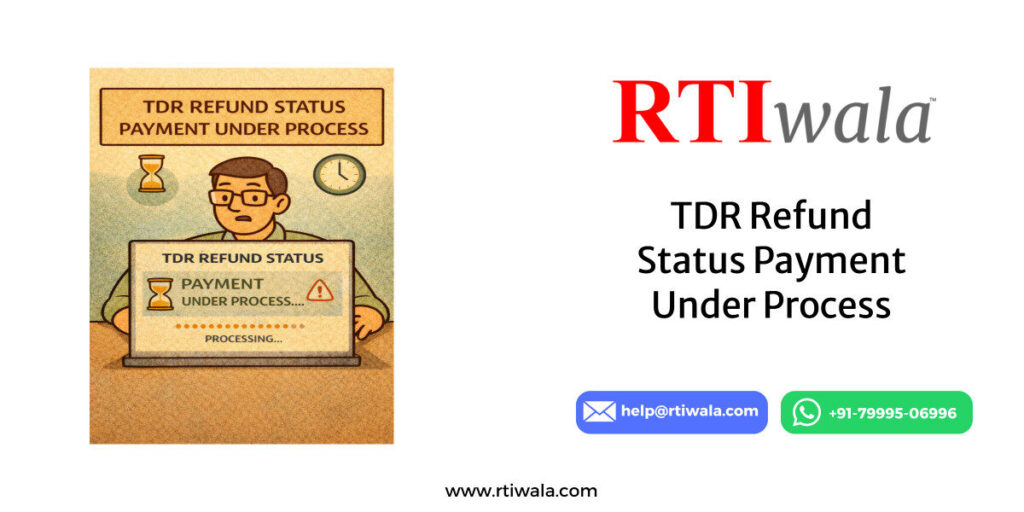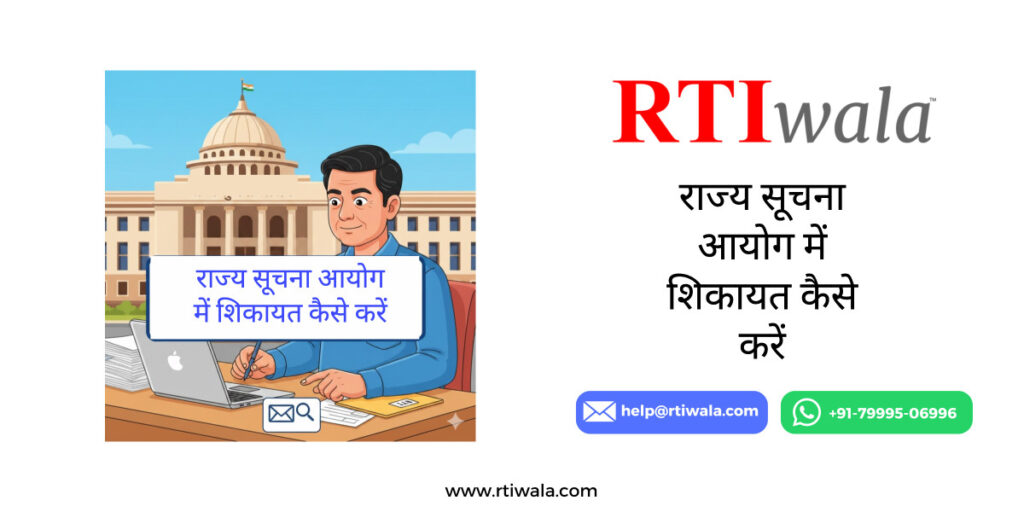RTIwala Trending: World Health Organization has declared the city of Delhi as the most polluted city around the world. It does not come as a surprise. The necessary preventions were never taken. Today, we see the result of all neglects the Government made. Delhi is covered in a blanket of smog. The hurdle faced by the Delhi government in implementing the odd-even scheme shows the challenges in controlling air pollution. The National Green Tribunal (NGT) ordered the Delhi government to implement odd-even without any exemption. The State Government had to roll back its decision to employ the same. It saw the socio-economic costs of enforcing it without exemption too high for Delhi.
Also Read: BharatNet-What You Need to Know?
Heading towards an Odd-Even Future?
The Delhi Government representative says Delhi’s present public transport system cannot bear a gigantic load of additional commuters. It lacks such capabilities if an exemption to two-wheelers is not given.
“More than 32 lakh people travel by bikes every day in Delhi. If they are not exempted from the odd-even scheme, they may shift to the public transportation system. Delhi’s public transportation cannot take that load. We needed to exempt them from the odd-even scheme,” said the Delhi Government representative.
As per a report, more than 32 lakh people in Delhi commute by buses every day. The report also says that the capital city wants more than 10,000 buses to meet its present demand. An additional 26 lakh commuters use the metro rail. If another wave of commuters is added, a collapse of the public transportation system may result.
Also Read: #GSTOverhaul – What all you should need to know?
Another reason specified by the Aam Aadmi Party-led government to provide the exception was women’s safety. The government believes that giving them an exception would also keep the women safe. AAP MLA, Anil Bajpai said, “We cannot compromise on the issue of women’s safety. If the odd-even scheme is allowed without any exemption, women’s safety might be at risk.” Both the arguments that have been initiated against the exemptions under the odd-even are serious ones. However, people who moved to National Green Tribunal against the scheme say that the exemptions are nothing but the politics of the AAP-led government.
[amazon_link asins=’9385936557,0140126198,014342226X,1784756679,0143429701′ template=’ProductCarousel’ store=’wwwrtiwalain-21′ marketplace=’IN’ link_id=’3e60ebe6-c874-11e7-ab03-b9213d950565′]
“The class of people who ride two-wheelers is the vote bank of AAP. If this class is not exempted than they fear that it might turn against the party,” alleges Gaurav Kumar Bansal, the advocate. The Delhi government intended to provide exemptions in 13 categories including two-wheelers and vehicles that are driven by women.
“What are the justifications for exempting two-wheelers from odd-even? These are a serious contributor to Delhi’s emissions accounting for 46 percent of the total air pollution,” the NGT said. The NGT also termed the odd-even scheme a farce with these exemptions. The Delhi government also failed to give data related to its usefulness from its earlier implementation. The pollution control technique was implemented earlier twice in Delhi, in 2016.
Also Read: BharatNet- What You Need to Know?
What lies ahead of the Delhi government?
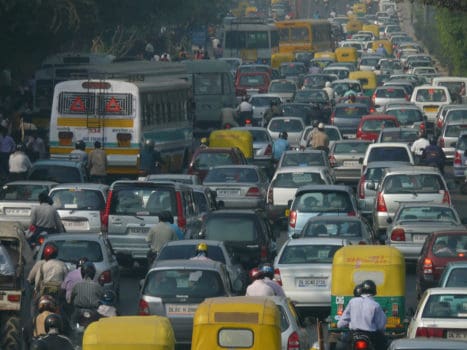
The NGT had to allow the odd-even scheme. It is a measure advised by the Supreme Court of India-mandated Environment Pollution Control Authority (EPCA). In pursuant to an apex court order a graded response action plan (GRAP) was prepared to tackle the air pollution problem. The EPCA has recommended measures to be taken to control air pollution. The odd-even scheme is one of the measures to be implemented when the pollution level crosses the brutal level.
[amazon_link asins=’9385936557,0140126198,014342226X,1784756679,0143429701′ template=’ProductCarousel’ store=’wwwrtiwalain-21′ marketplace=’IN’ link_id=’3e60ebe6-c874-11e7-ab03-b9213d950565′]
The NGT decided to allow the odd-even scheme with the criterion that no exemption (except health emergency) would be permitted. This is in coordination with EPCA mandate that has a clause which says, exemptions in the odd-even scheme should be minimized. The odd-even scheme was the only measure mentioned in the severe category of the GRAP which the Delhi government could implement on its own right. The other pollution control measures, when the air quality level crosses severe level mentioned in the GRAP are-
- stopping entry of trucks into Delhi and
- stopping all construction activities.
Stopping trucks from entering Delhi is nearly unfeasible for the government as there is no alternative for these heavy vehicles to pass by. The Centre rolled out a scheme to construct an Eastern Peripheral Highway to permit the trucks to go to Punjab and Uttar Pradesh without entering the capital city. The road is still being constructed. The measure to stop construction activities is to be implemented along with the co-operation of the Centre. It would stop the ongoing tasks by the National Highway Authority of India.
Also Read: #GSTOverhaul – What all you should need to know?
With the NGT order to implement the odd-even scheme without any exemption, the state government is left with no other choice but to drop the plan. Thus, it has lost the only opportunity to prove it’s sincerity on the grounds of controlling toxic air pollution in the city.












































